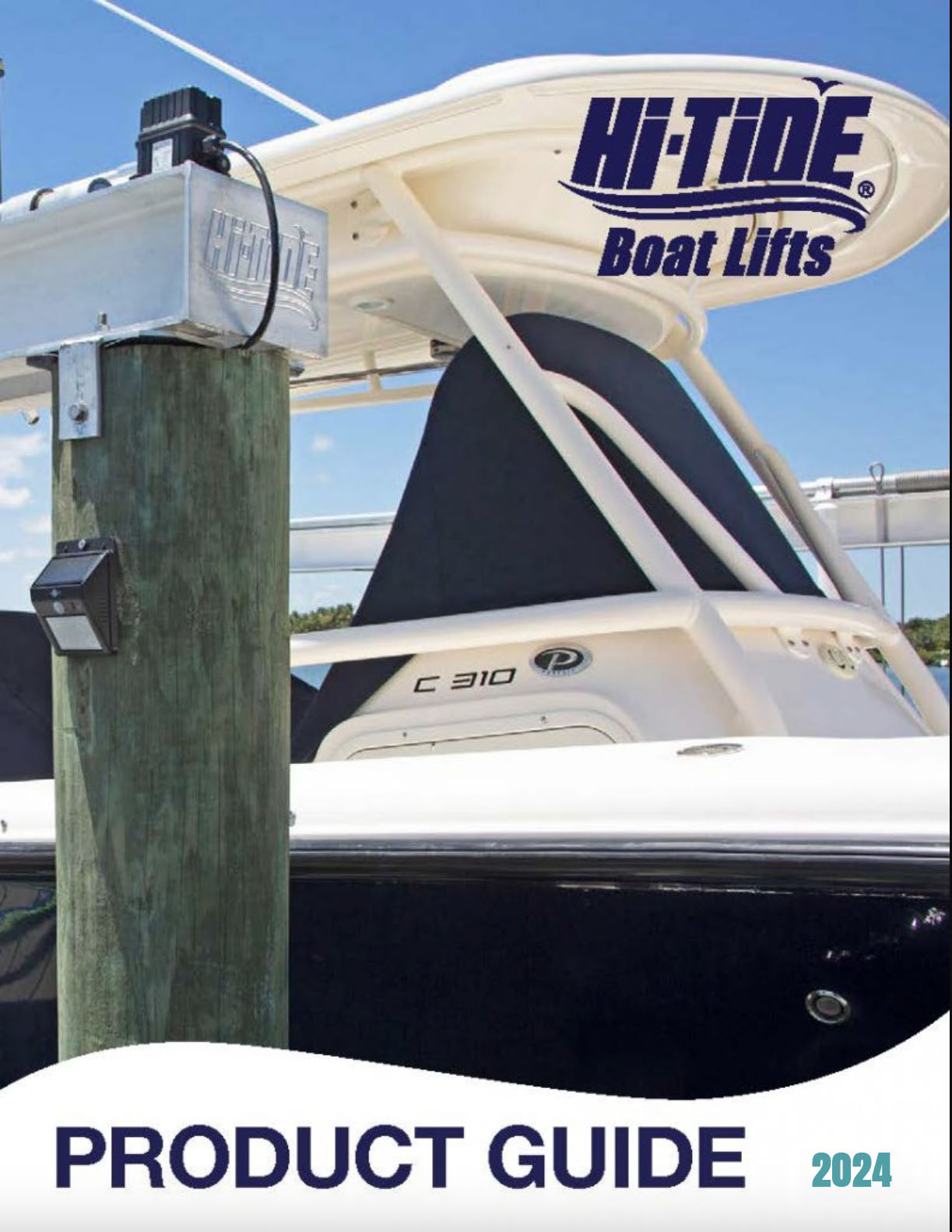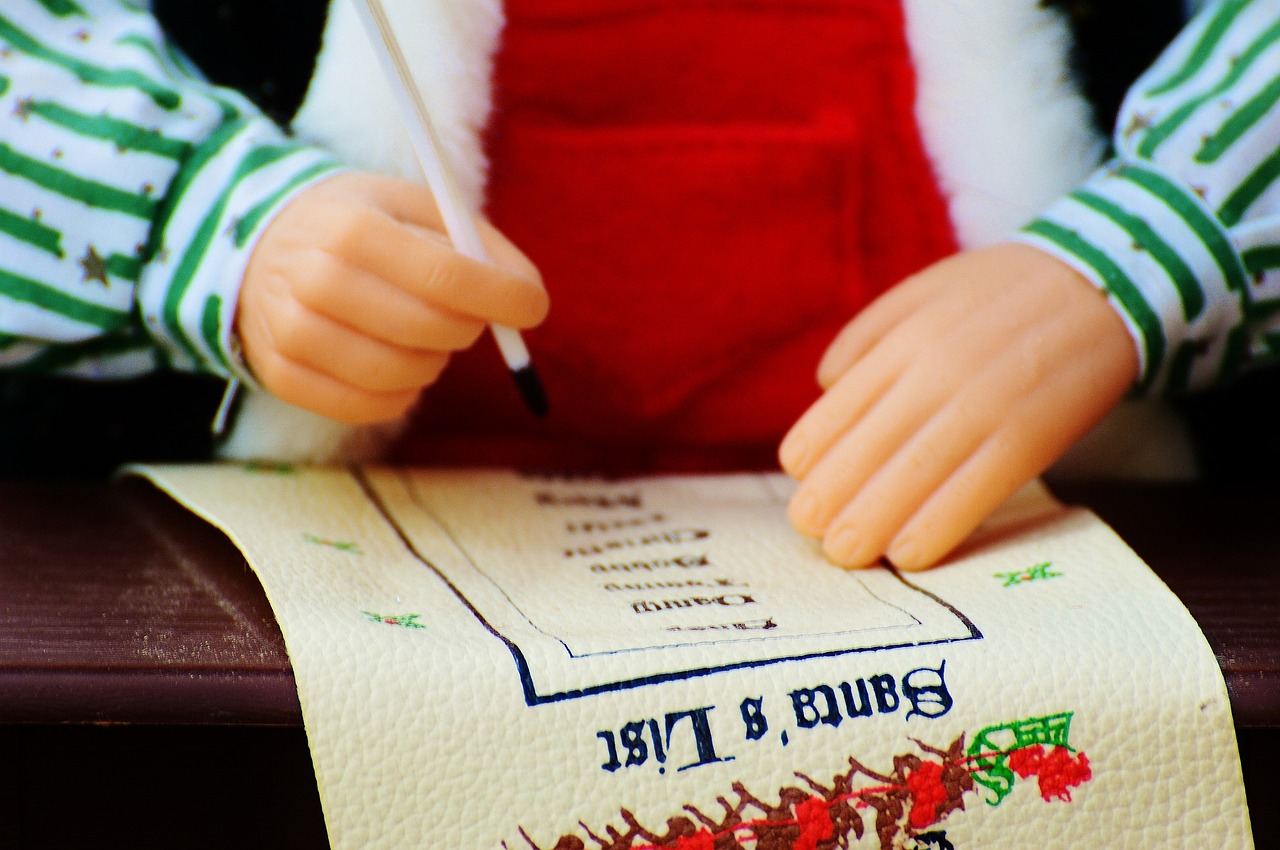
We all know “he’s” checking his list and checking it twice, but are you? Now that your holiday shopping is through (hopefully), and you may be fortunate enough to enjoy some time off from work, it is the perfect time to create or review your semi-annual boating checklist; an important practice even for the most experienced of boaters.
A boating checklist very easily helps you keep track of maintenance and safety measures that can be literal lifesavers on your vessel.
Semi-Annual Boating Checklist
- Corrosion: Inspect your vessel from top to bottom in order to assess if there is any sign of corrosion to the engine control linkage, gear case, engine mounts, through-hulls and more.
- Electrical: Ensure that all wiring is approved for marine use, all wires are clear from the exhaust system and that the entire electrical system is protected by fuses or circuit breakers. Also, ensure that your battery is stored in a watertight container and adequately secured.
- Fuel: When refueling, be sure to never use gasoline that’s more than 10% ethanol, which could damage your engine. Check for any gas leaks, inspecting for rust, a loose fuel tank, cracked or stiff hoses and other signs of damage. Always have a fuel shut-off valve at both the tank and engine.
- Kitchen: If you have a kitchen onboard, be sure that your stove and heating devices are all for marine use, your cabin is ventilated to protect against carbon monoxide poisoning and your shut-off valve is properly secured.
- Safety: Check guardrails for corrosion, ensure that fire extinguishers have been checked within the past year and are easily accessible in case of a fire. In addition, inspect all personal floatation devices for damage and ensure that you have an EPIRB onboard to be easily found in an emergency situation.
A full semi-annual boating checklist can be found on the Discover Boating website, along with a conveniently downloadable PDF to print and utilize. Staying on your boat’s nice list has truly never been easier. With these important six-month reminders you can ensure that both you and your boat stay safe into the new year and beyond.
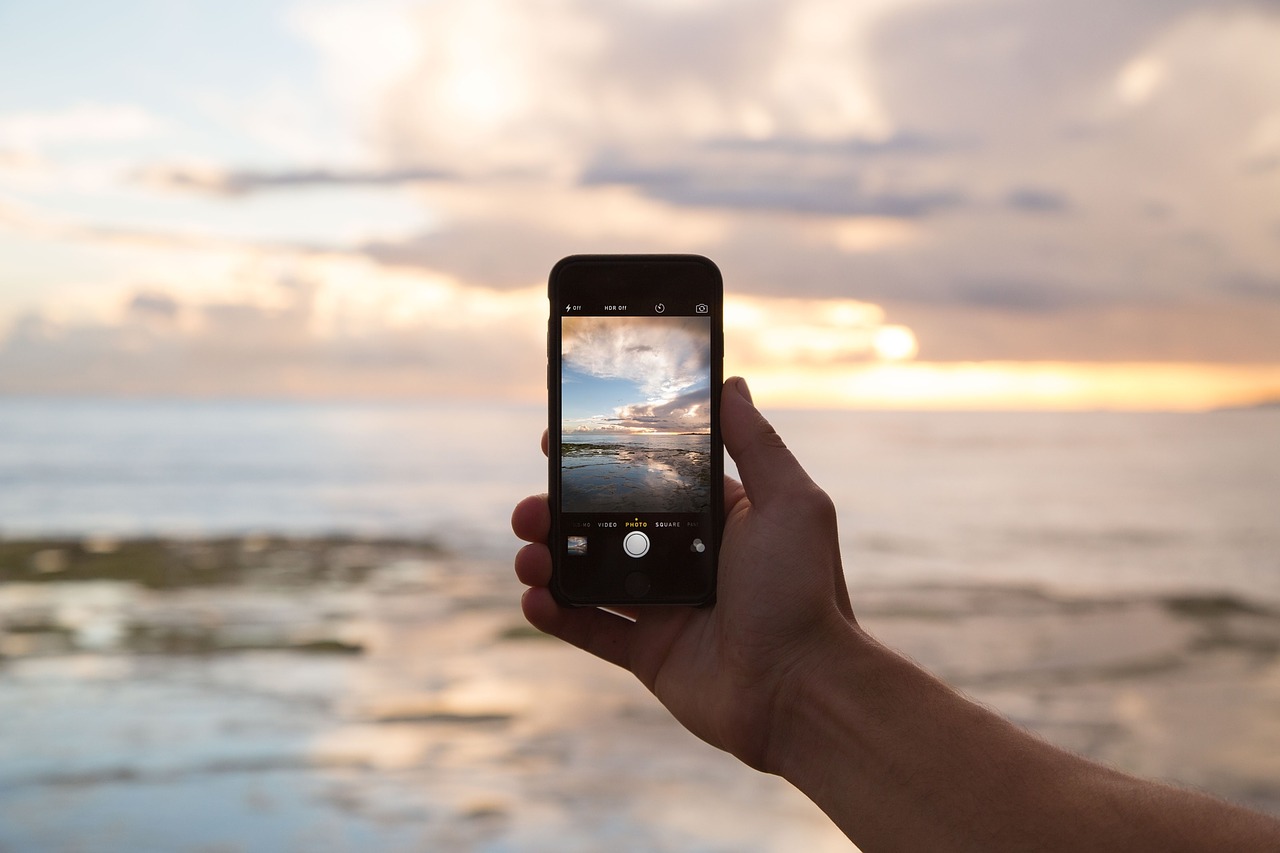
We have all seen them; people slow to notice a changed streetlight or swerving between lanes with their heads bowed, transfixed on the glowing light of their cell phone like a moth to flame. Texting, updating social media or yes, even talking on your cell phone is extremely dangerous and downright irresponsible to yourself, your passengers and everyone you encounter while on the road.
You rarely hear much about the dangers of texting and boating, however. So, is texting, talking and Tweeting as big a distraction once you hit the water? Let’s unpack the topic a bit.
Distracted Boating Facts and Factors
- Boating requires focus at all times. Whether it is looking out for fellow boaters and obstructions or keeping track of the weather and your charted course, boaters are forced to already multitask at an equal or greater level as drivers.
- Even the U.S. Coast Guard has been reportedly cracking down on crew member texting and talking while operating vessels after multiple crashes, thought to be caused by distracted boating.
- In 2010, the National Transportation Safety Board began a movement to cut down on both distracted driving and distracted boating, especially within U.S. Coast Guard crews.
- In 2014, Florida led the country in boating accidents and deaths, with distracted boating among the top causes of accidents.
Much like distracted driving, it is rather difficult to pinpoint all of the instances that were directly caused by cellphone use. Regardless, it only takes common sense to realize that operating a vessel or vehicle of any size can be dangerous if your full attention is not on the safety of yourself and those around you.
So, the next time you’re on the water, consider putting your phone on silent and taking advantage of the relaxation and fun that us boaters know and love.
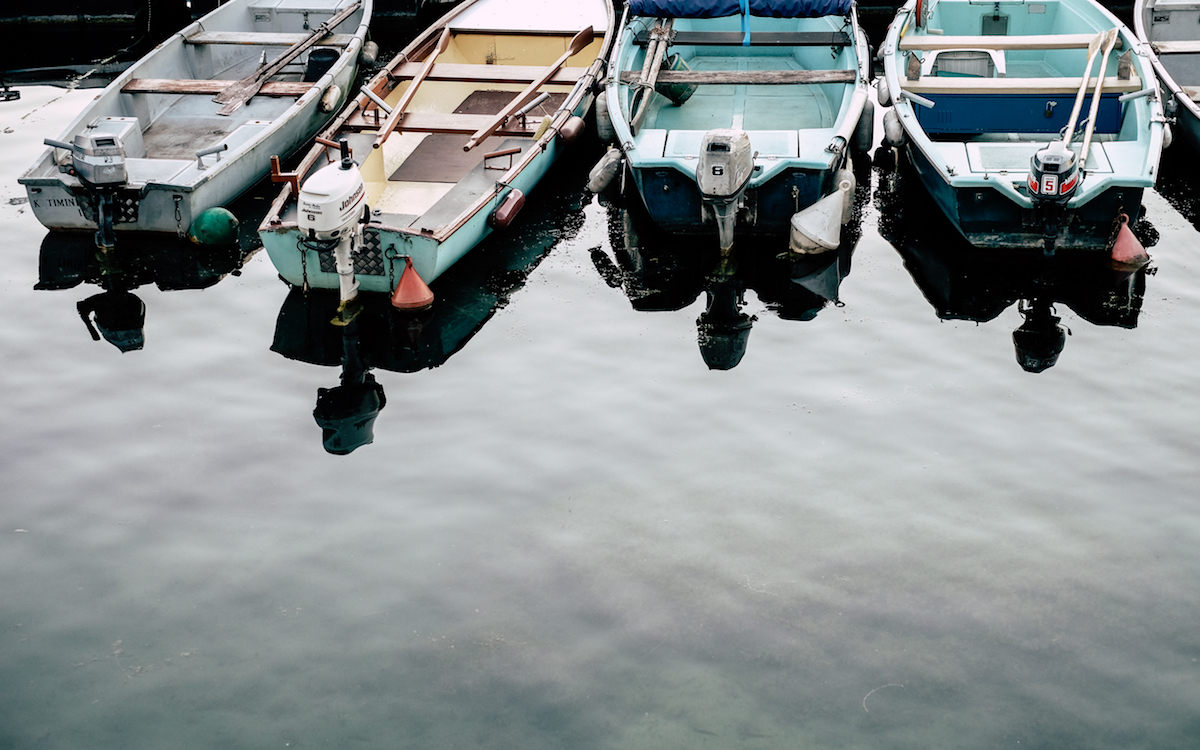
Whether you’re a new boater or hitting the water for the first time in a long time, boating for beginners has never been easier thanks to some great online resources and a worldwide community of boating enthusiasts that are often happy to lend advice. We love being one of these ambassadors to boating, so before your next (or first) boating trip, keep the following beginner tips in mind to have both a safety conscious and fun time with your friends and family on the water.
Boating for Beginners
- Make a List and Check it Twice: Good advice for not only the inexperienced, you should always prepare and utilize a pre-departure checklist. These checklists often include the likes of battery, gas, and oil checks, life vest and safety equipment review and weather analysis to name a few. Proper preparation can make all the difference when taking your boat on the water.
- Keep the Alcohol on Land: Though you may be the life of the party on land, leave the drinking for after your day of boating is done. Alcohol drastically increases the risk of boating accidents for even the most experienced of boaters.
- Safety (Check) First: Did you know that the U.S. Coast Guard offers free vessel safety checks? Not only do these checks help ensure that your boat is in good shape for your next boating trip, but your inspector is also available to give you some key safety advice and answer questions that first-time boaters may have.
- Plan on a Float Plan: An easy way to give yourself an additional level of safety is to create a float plan. By filling out a float plan and leaving in the hands of a trusted individual on shore, you give yourself a safety net that provides a description of your vessel, a list of your passengers and planned whereabouts, all of which can be vital to your rescue if you don’t report
- Don’t be a Showboat: Operate your vessel safely and obey all posted speed and wake limits. Especially when just getting the hang of your vessel, it’s important to never be reckless while on the water. Stay vigilant and obey the laws of the waterway.
Boating can seem intimidating to some newcomers, but if you’re armed with these safety best practices, you and yours can enjoy the passion of boating that we all share. With a bit of practice, knowledge and experience, boating for beginners can be a breeze.
Information Cited: http://www.discoverboating.com/beginner/safety/tips.aspx
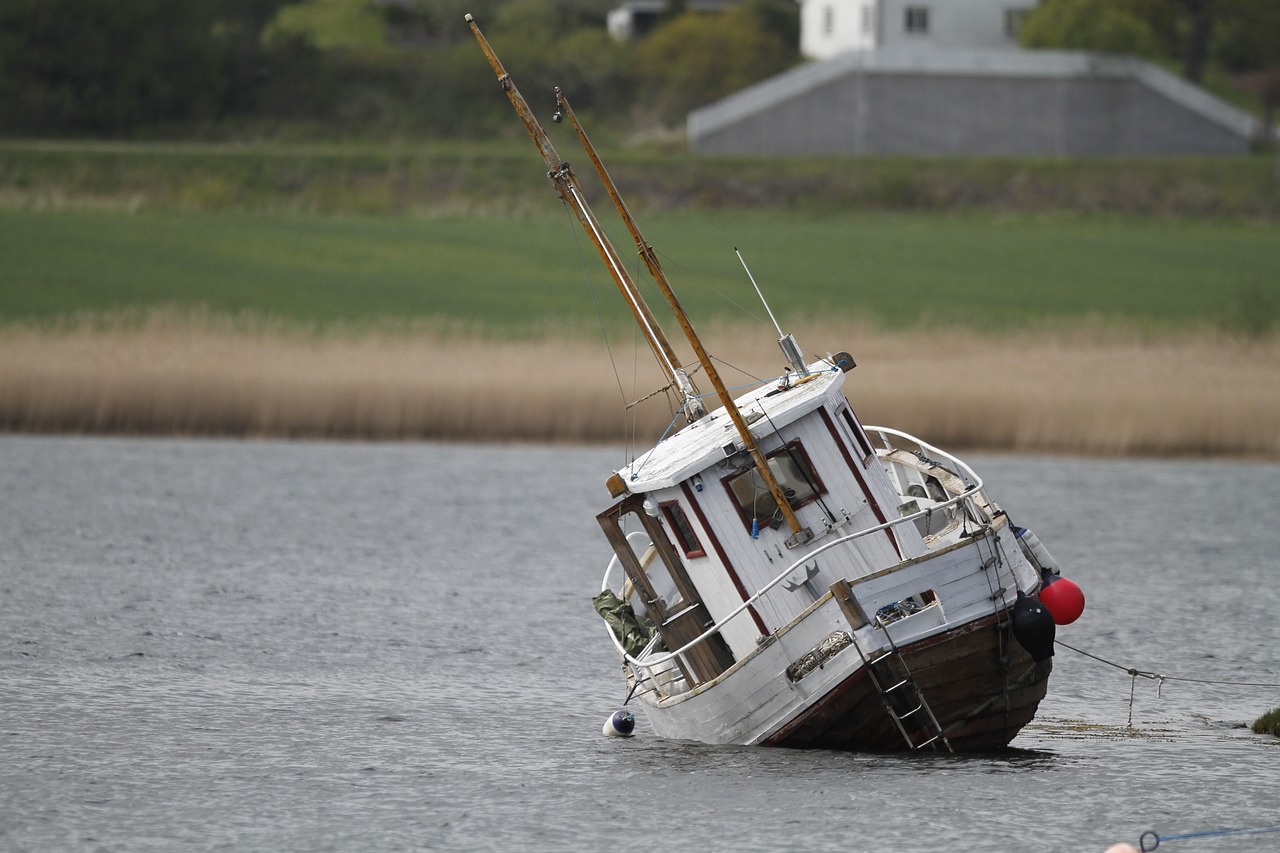
From a big exam to getting through tax season without a migraine, most things in life are made substantially easier with a bit of preparation. Boating is no different, and by following a few tips and preparing for the worst, you can ensure your safety and the safety of your passengers in the catastrophic case of a sinking boat. It may not be fun to think about, but these tips may just save your life if tragedy strikes while you’re out at sea.
Preparation
According to How Stuff Works, the most common reasons why boats sink include:
- Flooded Bilge: As the lowest point of your boat, it’s common for water to collect here. Many boaters opt for a bilge pump that will automatically turn on once the water level in the bilge reaches a certain height.
- Missing Drain Plugs: An incredibly easy oversight to make is to forget to return unplugged drain plugs once your vessel is stationary. Many boaters keep their plugs in an area that’s always in sight, as an easy reminder to put them back.
- Collision: Know your route and take it slow. Make sure to check the weather report before hitting the water, know the depth of waters you’re charting and always stay vigilant while in unfamiliar waters.
- Low Transom: Another preventable sinking risk is a low-sitting transom. Avoid unnecessary risk by avoiding storing heavy items in the stern of your ship. Also, never anchor from the stern side, as this may significantly lower your transom.
- Engine Leaks: Checking your engine for leaks, especially the cooling system, is important to ensure that corrosion or broken tubing isn’t pumping gallons of water into your vessel once you embark.
Action
Actions to take if your sinking boat is beyond salvage:
- Remain Calm: This may seem like an impossible task, but panicking will only lead to chaos on a sinking boat. Study up on your boat safety drills and be ready to give or receive clear orders on what your crew and passengers next actions should be after the ship takes on water.
- Get Safety Equipment: There are some vital items that could be literal lifesavers if you’re forced to abandon ship. Always keep safety items onboard and in appropriate numbers for all passengers and crew, including life vests and emergency locator beacons. A popular option is to have an “abandon ship bag” ready and onboard at all times, while ensuring that all passengers wear personal floatation devices.
- Call for Help: If you have the time, and only if, call mayday on the VHF channel one-six to report your emergency to the Coast Guard. This marine channel is under constant monitoring and may help ensure that you and your loved ones receive the emergency assistance you need. As a backup, always have emergency locator beacons on-hand.
It’s not something any boater wants to think about, but it is also of utmost importance that you know what to do in the case of a sinking boat. Stay informed on time-tested safety measures and always follow the laws and regulations that keep us all safe while on the water.
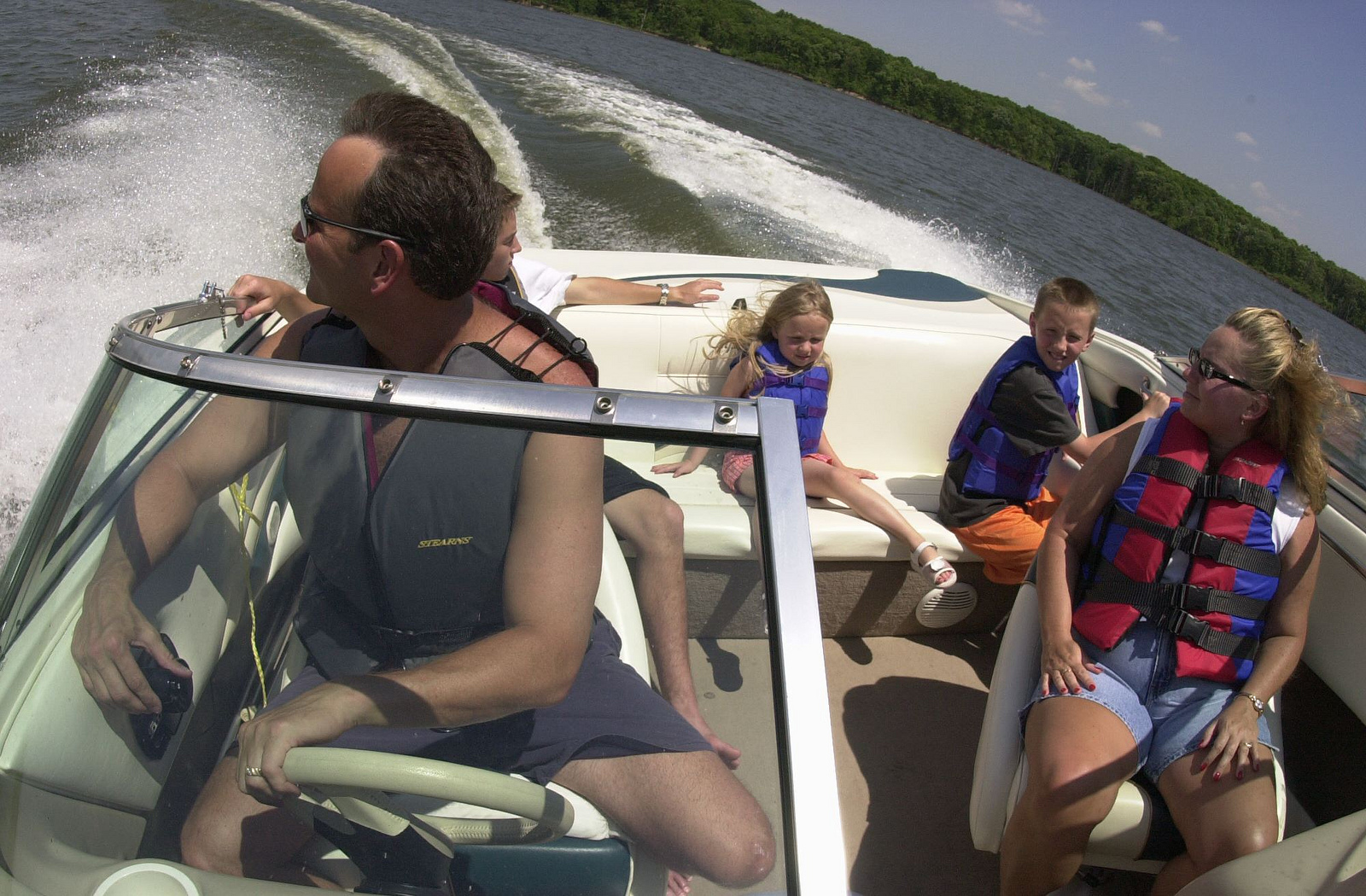
Though boating is a pastime that we love, it does come with some inherent dangers that any boater should be prepared for. How do you prepare for emergencies on the water? Well, a little education and a lot of practice can go a long way when staying safe on your next boating trip. It may not be the most fun activity to do on your day of leisure, but practicing regular boating safety drills is vital to the safety of yourself, your friends and loved ones while on the water.
Important Safety Drills to Practice
- Fire Drill: Unlike the drills you remember from grade school, these fire drills test to ensure you know your extinguisher placement on all decks, as well as illustrating if there are enough extinguishers onboard to avoid being trapped by potential flames. Unlike on land, there is nowhere to run if your boat becomes overwhelmed with flames. Run through some worst-case scenarios to make sure your boat can handle the heat.
- Man Overboard (MOB): It’s a nightmare scenario, and one that can happen all too often; a passenger falls overboard. In the case of a MOB, it’s vital to not only know what to do (such as keeping the MOB in sight at all times and how to maneuver your vessel properly), but also to demand that all passengers, and yourself, wear life jackets. Practice this scenario by tossing a spare life jacket into the water and seeing if you and your passengers can safely and quickly rescue the dummy MOB.
- Sinking Ship: In the extreme circumstance that your vessel is going down, you must have the knowhow and preparation to abandon ship quickly and safely. Common life-saving items include a fully stocked ditch bag and Personal Location Beacon (PLB) or Emergency Position Indicating Radio Beacon (EPIRB). In a drill scenario, make sure you would be able to send out a distress call, turn on your beacon and grab your ditch bag without issue.
Though boating is incredible fun for people of all ages and from all walks of life, it’s a recreational activity that requires you to respect its inherent dangers. Ensure that you not only have vital safety equipment (such as life jackets, fire extinguishers and location devices) but can also use them in an extreme, emergency situation. Keep yourself and your loved ones safe by practicing safety drills and following boating best practices while on the water; It may just save your life someday.






